Book reviews
Book reviews
WestWords Books
By on
Book title: The Drone by Pete Shmigel
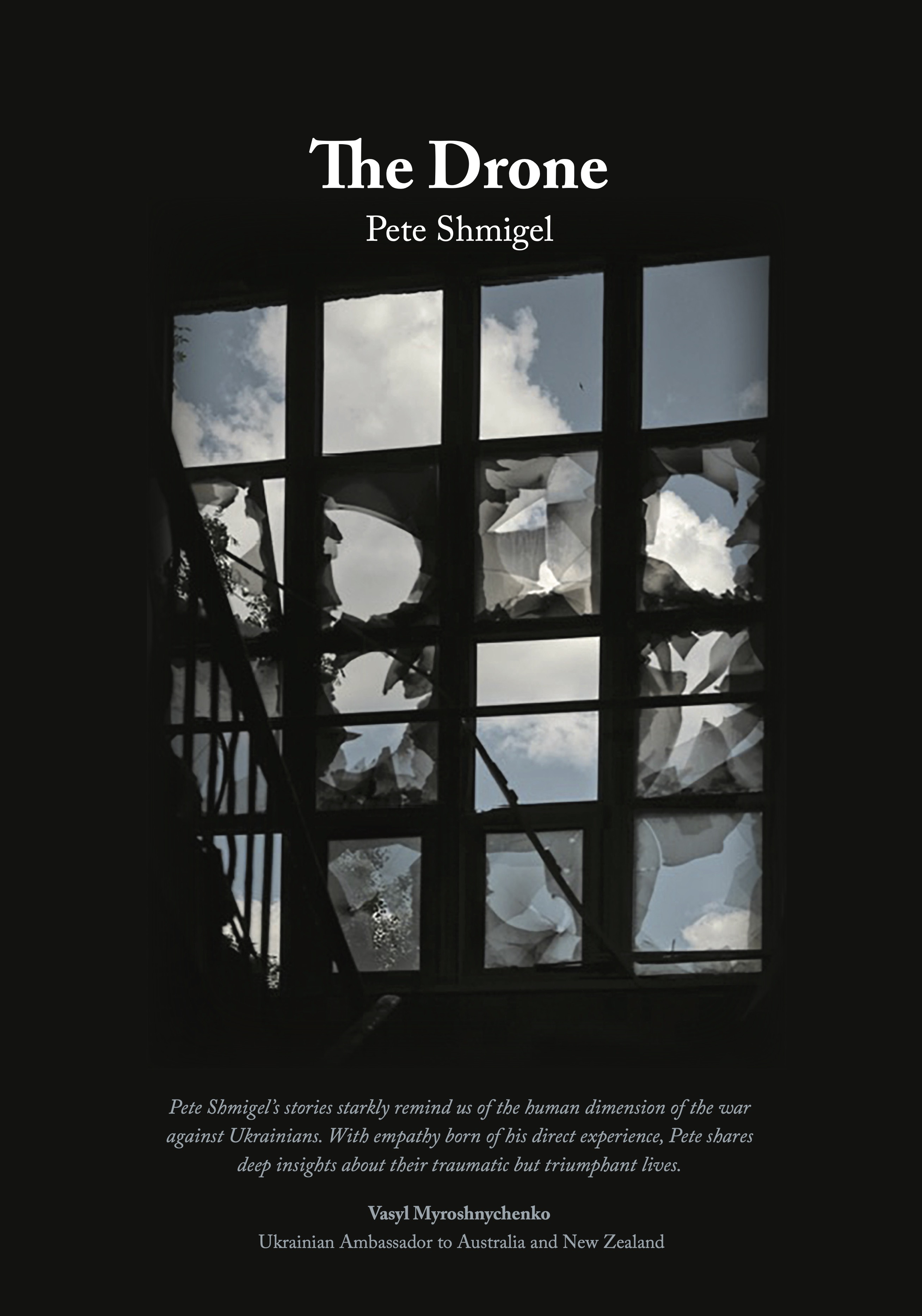
Reviewer: Lee McKerracher
It is a sad fact of life that countries are invaded, people are attacked, and violence becomes normalised. Every day, we see media reports about war, predominantly the war in Gaza and Russia’s invasion of Ukraine. These reports tend to focus on an umbrella view of the war; the number of missiles launched; the number of drone attacks; the number of military and civilian deaths and wounded; the number of buildings destroyed; and how much territory has been won or lost during the battles. War is reduced to statistics. This is why Pete Shmigel’s book, The Drone, is so important, as it takes the war in Ukraine down to a granular level.
The Drone is a collection of 17 short stories that vividly show how acts of violence from a hated invader impact every aspect of life. But this is not the first time Ukraine has resisted the Russian advance. Its people are used to living with the threat across the border.
In The Next Card, Lyuda, who works in the local hospital cafeteria, notices how her dog, Rocky, now responds to the threat of drone attack. ‘After each of his ‘inspections’ Rocky would pull up and slightly raise his head to the clouds above. The hair on his spine prickled up. He thinks it's his job now, Lyuda thought to herself.’ Something as simple as taking your dog for a walk, is now overshadowed by threats from above.
Just going to school can be risky. In Katya’s Kvity, Kateryna thinks back to dressing her daughter for school, but now the school is no longer there. Destroyed by missile fire, it is now a pile of rubble. But as Kateryna thinks, ‘Luckily it happened on a Sunday. Only the caretaker and his family had been killed. Luckily. Only.’ This horror does not stop Kateryna from trying to live her life. She insists on wearing her bright red lipstick, she re-opens her flower shop and stocks it with bright yellow sunflowers. These are acts that represent her resilience and her bravery.
Throughout the stories, we see the disparity between the fighting forces. The Ukrainian military has become adept at workarounds as there simply is not enough materiel, weapons, or even food to keep them going, but they do keep going. AWOL illustrates this clearly. ‘Welding took skill. Sergey remembered welding chain-link fence to the outside of his tank as anti-drone protection. The soldiers called it a ‘field solution’. The name they gave every modification they made that wasn’t in the manuals, but would hopefully save their lives.’
It is these personal experiences that hit the reader with the cruel reality of war. War is so much more than statistics and camera-panning shots over clouds of dust from missile strikes. War is about the woman who keeps walking her dog, the children who still play in the fields, the shopkeepers who try to keep their local communities functioning. It is the teachers, nurses, farmers, accountants, florists, hotel operators, and every single citizen who works every day, looking forward to a time when life may just again be blessedly ordinary.
Pete Shmigel shows us how everyday people are impacted by war, how they yearn for their lives to be ordinary again, but until that is possible, they must resist and adapt their existence to cope with the daily onslaught.
Loved reading about The Drone? Imagine the impact of helping a child discover their first favourite book.
By supporting Booktober, you’re helping the next generation in Western Sydney and regional NSW find their voice - and maybe even write the books you’ll be reading in the future.
Donate today at booktober.org.au/donate
Or Support a Bookworm like Lee at booktober.org.au/users/lee-mckerracher
Reviewer’s bio:
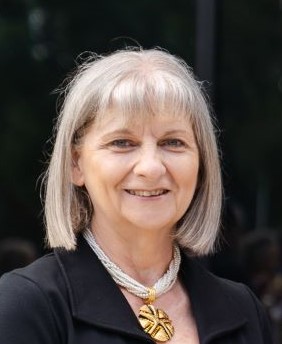
Lee McKerracher is an emerging writer from Western Sydney who has a passion for historical fiction. Her short stories have been published in the following anthologies: Hiding in Plain Sight and Only I Can Say by WestWords; Small Things and From Eternity to Here by Stringybark Publishing. Her piece, Across Generations, was published in the January 2025 edition of the Society of Australian Genealogists Journal, Descent Magazine. Her first historical fiction novel, Parallel Lives, was shortlisted for the 2025 Gloria Burley Award for Best Unpublished Manuscript. Lee is currently working on her second novel, You’re Not Welcome Here. Both of these feature women who fight to have their voices heard, overcoming personal and societal challenges. Lee is a member of the 2025 WestWords Academy.
Book title: Living with Illness and Disability: Poised on The Pointe of Pain – ‘Nureyev’s Foot’ and Other Essays
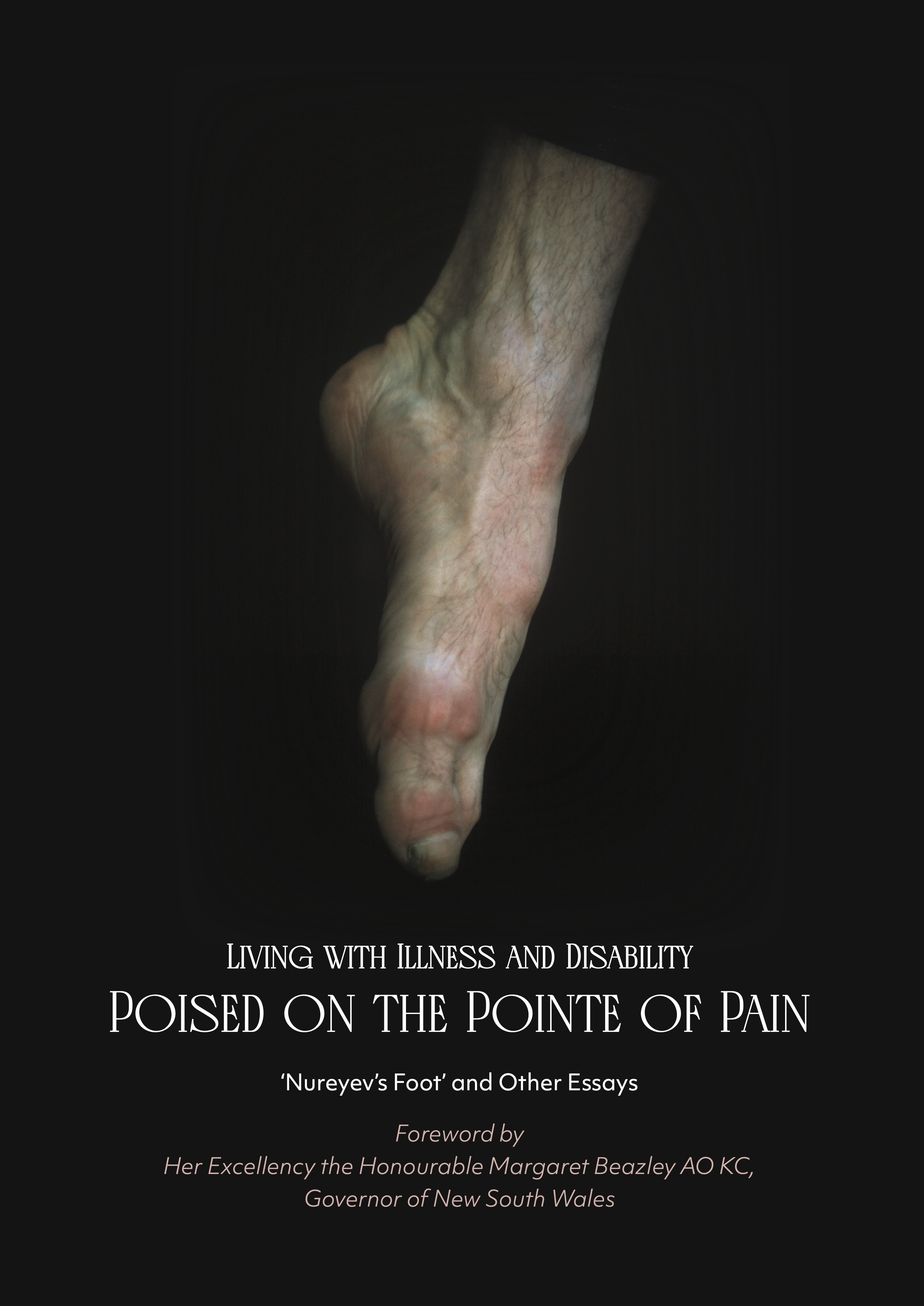
Reviewer: C. R. Masters
Living with Illness and Disability: Poised on the Pointe of Pain, a collaboration between Macquarie University and WestWords, is a powerful collection of personal essays that explores the raw reality of life with a disability in all its complexities.
Being diagnosed with a chronic condition is not like catching the flu. It is the culmination of a long and exhausting journey – one marked by a barrage of tests, tears, and the occasional tantrum. It is a life sentence, not only for the patient but for everyone who loves them. Unfortunately, it is something I have personally experienced twice.
Reading these stories, I was struck by the recurring theme of resilience. From Kathie Elliot-Scott’s account of no longer being able to dance and finding new avenues through which to express herself, to Kate Giles’s exploration of her father’s battle with Parkinson’s disease and its impact on her family, these stories reveal the enduring strength of the human spirit. Jacqueline Greig’s ‘The War Within’ epitomises this idea. Diagnosed with chronic inflammatory demyelinating polyneuropathy (CIDP), Greig found herself bed-bound, reduced to watching the world go by on her veranda. Yet she draws strength from a legacy of shared stories.
Perhaps one of the most impactful essays, ‘Nureyev’s Foot’ by Hsu-Ming Teo, recounts the story of Rudolph Nureyev, a famous ballet dancer who forwent dancing at the Paris Opera premiere of Manfred due to an injury and worked relentlessly to return to the stage – performing through the pain of dancing on barely healed bones. This foot became the subject of two very different artworks, celebrating the pain endured in pursuing his passion. Teo turns this story into a metaphor for the women in her family who, much like Nureyev’s tortured foot, bear the weight of family without reprieve or ability to complain.
At times, this was not an easy read. The voices and the stories they tell are so personal and authentic that it feels like they are speaking for all of us living with a chronic illness. There on the page, our fears are laid bare. We question our future: What will our bodies become? How much pain must we endure? How long before our friends and family succumb to compassion fatigue?
Yet there is power in this honesty. There is comfort in knowing that we are not alone. We are not the only ones questioning our individual value. Despite our differences from our able-bodied peers, we are people worthy of love, worthy of respect, worthy of representation. Our inability to stand without assistance, have children, or remember what happened yesterday does not define our worth.
This collection is a must-read for everyone who has been impacted by chronic illness or disability – whether directly or through someone they love. It stands as a testament to resilience, a call for empathy, and a reminder that our stories deserve to be heard.
Loved reading about Poised on the Pointe of Pain? Imagine the impact of helping a child discover their first favourite book.
By supporting Booktober, you’re helping the next generation in Western Sydney and regional NSW find their voice - and maybe even write the books you’ll be reading in the future.
Donate today at booktober.org.au/donate
Or Support a Bookworm like C. R. Masters at booktober.org.au/users/christine-masterfield
Reviewer’s bio:
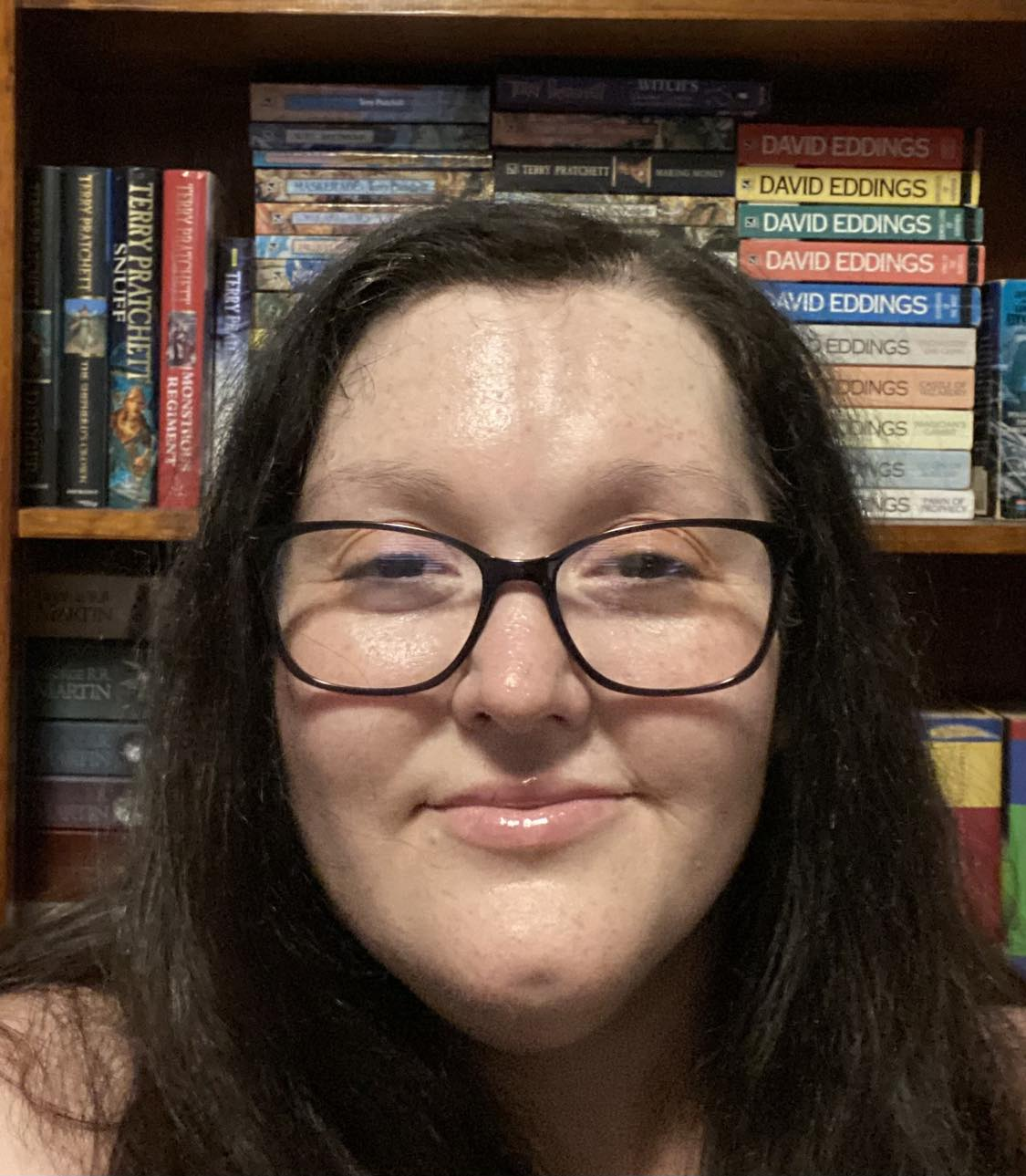
C. R. Masters has lived and worked in South-Western Sydney her entire life, and her deep connection to the region continues to shape much of her writing. After taking time away from creative work to raise her children, she has recently returned to writing with renewed passion and focus. Her work spans a wide variety of genres, from speculative fiction to literary realism, and she has more recently begun composing pieces that explore themes of memory, place, and identity.
Her writing has received recognition at both local and national levels. She was highly commended in her Local Government Area for her entries in the 2022 and 2023 WestWords Living Stories competitions, where she wrote about her experiences of growing up in housing commission. In 2022, she was also longlisted for the prestigious Hachette Australia Richell Prize with a science-fiction manuscript, marking an important milestone in her writing journey.
In 2024, she became a member of the WestWords Academy, further developing her craft and connecting with other writers in Western Sydney. She is also the convenor of the Campbelltown Writers Group, where she fosters a supportive community for local and emerging writers, helping others to find and share their voices.
Book title: Tiny Dancer by Patrick Guest and Mateja Jager
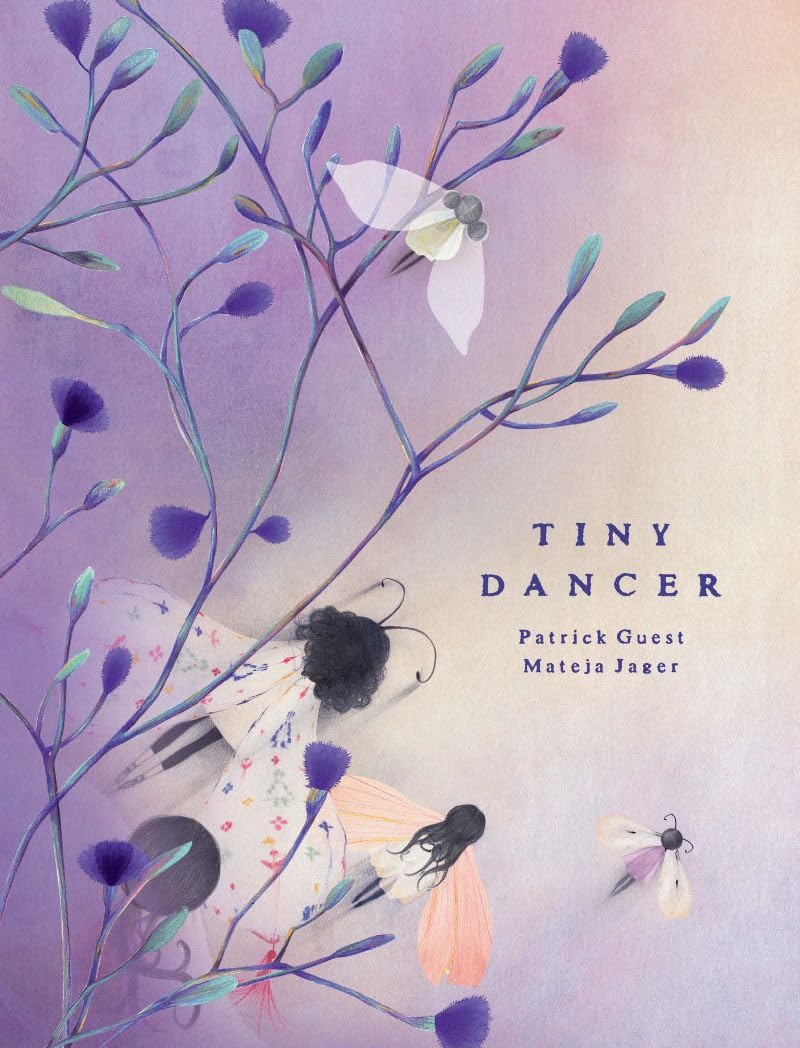
Reviewer: Myra A.
In Patrick Guest’s picture book ‘Tiny Dancer’, illustrator Mateja Jager delicately renders in colour the life story of the mayfly, Konomi. The fable opens with a commentary on the longevity of various life forms, ending with that of the mayfly — whose life lasts but a day.
A page turns. Fairy-winged Konomi is born, and her story begins. The younger reader perhaps feels an excited eagerness to hear more, while the older reader finds themself temporarily suspended in a state of discomforting wonderment: Am I willing to take part in this eventually heartbreaking pilgrimage of a newborn? But the pages are irresistible. The reader is enveloped in wispy colours of air — the softest shades of yellow and lavender spilling onto every corner. Konomi, her cheeks freckled and pink, is for the first time awake in her new world of gossamer and grass.
At first, she reminds us of a human toddler: she marvels, climbing and leaping; the world offering her its blessings. And then, in what seems to be her adoloscence, Konomi joins her ‘sisters’. They fly, growing altogether, as they journey into a momentous rite of passage — one they were all destined for.
Every line in the book — be it words or sketch, magically guides the reader into a carefully-paced story. Imprinted against a striking backdrop of a swarm of mayflies — tiny fairy ghosts floating between slender branches of trees, are lines with words like ‘lost’, ‘spin’, and ‘hum’. Author and illustrator are sending us into a trance, in this world where Konomi dances. The reader will follow her, forgetting for a while the impending heartbreak, only later to be reminded of the reality that must be accepted: that life is but a fleeting moment.
The verity that life is short is terrifying, and yet the craftsmanship of this book leaves the reader recognising, with gratitude, that it is precisely the brevity of life that makes it precious. Tiny Dancer asks us to, for a brief moment, see our own existence through the eyes of Konomi — in awe, with such joy, in the profundity of love, and with a sense of purpose.
Loved reading about Tiny Dancer? Imagine the impact of helping a child discover their first favourite book.
By supporting Booktober, you’re helping the next generation in Western Sydney and regional NSW find their voice - and maybe even write the books you’ll be reading in the future.
Donate today at booktober.org.au/donate
Or Support a Bookworm like Myra at booktober.org.au/users/bles-antolin
Reviewer’s bio:
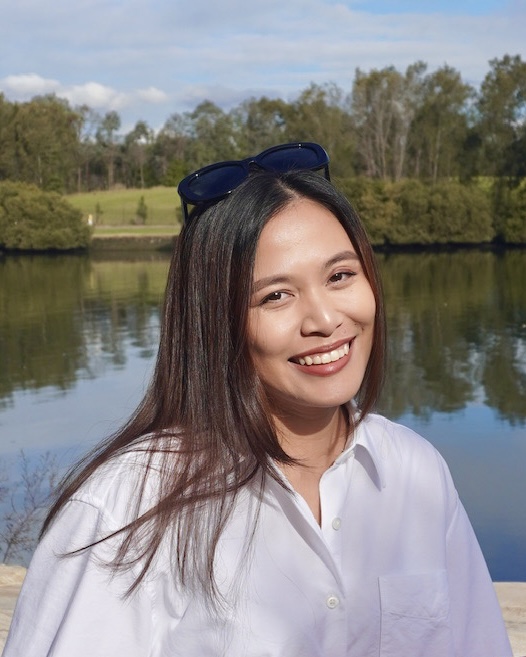
Myra A. is a Filipina writer based in Western Sydney. She works full-time as a quality engineer and part-time as a movement instructor. Her true passion lies in words, and she fills her free time with books. Myra A. is an emerging writer and a cohort of The WestWords Academy 2025. Her poems ‘Transpacific’ and ‘i’ were published in The Living Stories anthologies, earning her a Highly Commended Writer title in 2024 and a Winner award in 2025, respectively. Her upcoming works include an audio story titled ‘From Beyond the Karman Line’, set to be released by All The Best Radio, and a poem titled ‘In the Mountains’, which has been selected for publication in ZineWest 2025.
Book title: Swallow by Alexandria Burnham
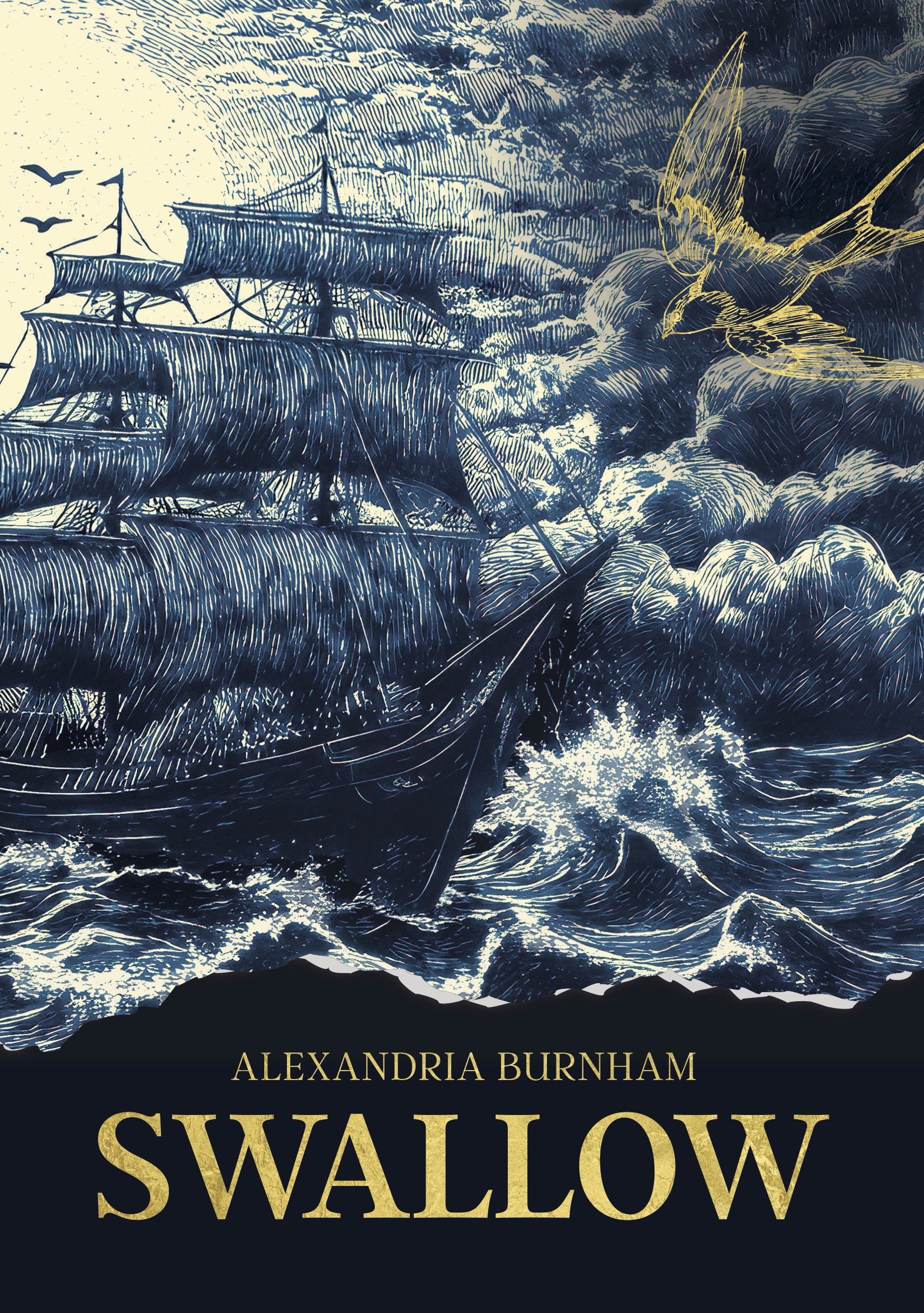
Reviewer: K. T. Major
Swallow is a historical fiction novel set in the 1800s about polyonymous convict William Swallow—he of the unfortunately common first name and decidedly cavalier attitude to accurate last names—and who had been, at the time of the book, transported two and a half times to Van Diemen’s Land for theft and burglary. This book deals with the attempt to transport him on the vessel Cyprus from Hobart Town to Sarah Island. But Swallow and his crew mutiny and take over the ship, and as captain, he beguiles the crew with tales of riches of the Americas while secretly navigating the ship home to England – a feat he attempts with no maps or chronometer.
That William Swallow is a crook is evident, but Burnham allows us to peer into the wide expanse of his heart, where a restless ocean rages within and without. His burning desire to head home to see his wife and children comes across as incurable devotion at the start, but gradually reveals itself to be a foolhardy hope for redemption and blind trust in the healing power of love. The realisation that his heart belongs to another, forbidden love—in a tearjerking line ‘the ocean and the fox’— discloses to the reader that his real quest, unknown even to himself, is to seek a place of acceptance for his true self.
This is a book that explores the vast ocean of human emotion but scrutinises every drop with unwavering honesty. It fronts up to human failures and inspects foibles. Most of all, it explores who we are and aren’t allowed to love, and how the consequences of such decisions, while magnified in the societal attitudes of that era, echo even in our world today.
There are scenes of rip-roaring action, truly hysterical moments, details wrought with painstaking and meticulous research, moments of breathtaking revelation, and they glisten in the book’s prose. The minutiae are astounding—from the shape and variation of hulls, sails and riggings to the names and positions of islands and ports dotted in the sea. Burnham’s writing is well-tempered and glides sleekly through water. Quite frankly, the prose transported me. I eagerly await the next instalment.
Loved reading about Swallow? Imagine the impact of helping a child discover their first favourite book.
By supporting Booktober, you’re helping the next generation in Western Sydney and regional NSW find their voice - and maybe even write the books you’ll be reading in the future.
Donate today at booktober.org.au/donate
Or Support a Bookworm like K. T. Major at booktober.org.au/users/kt-major
Reviewer’s bio: